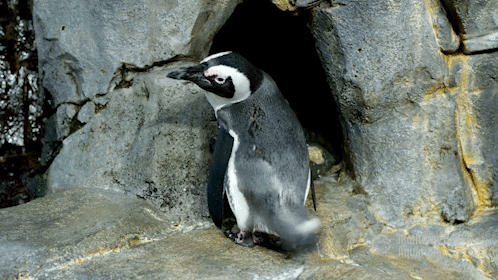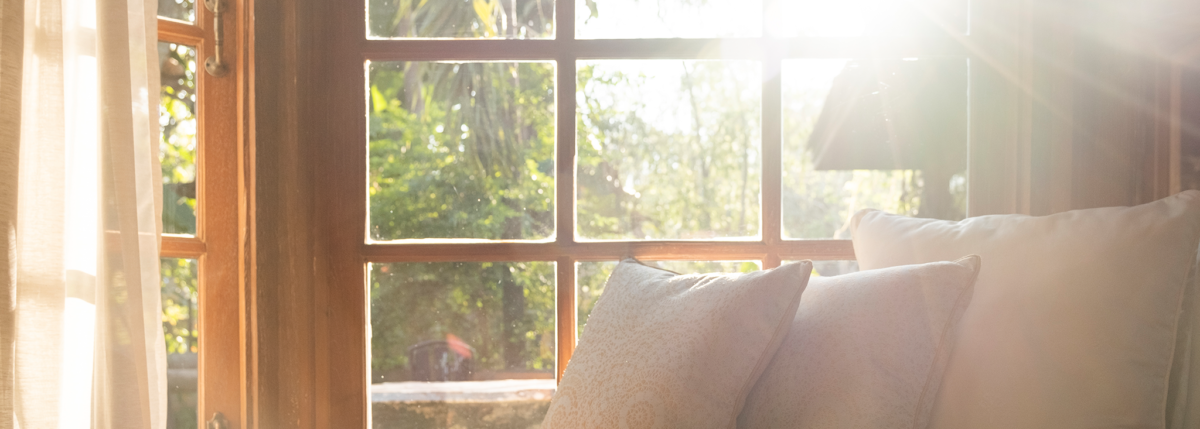Silver Linings During COVID-19
Editor’s Note: We have a simple goal: tap into the power of the global diabetes community to save lives. Visit coronavirusdiabetes.org to learn more about what you can do as a person with diabetes to keep yourself and others safe from COVID-19 until we’re all safe.
This article was published in April 2020.
The seriousness of what’s going on in the world right now can’t be overlooked, even though I’m sure we’ve all tried. With constant exposure to the news and COVID-19 updates relayed to us day in and day out, it’s hard to focus on anything positive that might be going on in our own communities or internationally. But that doesn’t mean good things aren’t happening!
We’ve probably all heard by now that air pollution has decreased and water quality has improved. Then there’s the fact that your home has probably never been cleaner (right?) and running into a friend at the grocery store is by far the highlight of your week. We’ve put together a rundown of some of the other weird and wonderful things going on in the world to remind ourselves and you that even with everything going on, there are still some things to smile about.
Penguins are taking over empty aquariums

Since this shutdown began, one aquarium in Chicago has been empty and desolate, making it the perfect stomping ground for a group of penguins with a penchant for wandering. Now, Shedd Aquarium posts videos of Wellington, Annie and Edward taking daily strolls and getting into trouble as they roam freely. Other aquariums are following suit, sharing their inhabitants on social media for viewers to check out from home and giving us something funny and light to look forward to.
India is getting its first peak of the Himalayas in decades
Yes, we mentioned air quality already, but in a truly astonishing update, pollution levels in India have decreased so much that citizens can see the color of the sky for the first time in decades. In fact, the air has become so clear that locals have reported the Himalayan mountain range is actually visible. Statistics from the first day of lockdown show that Delhi saw an immediate (and incredible) 44 percent reduction in inhalable air pollution levels. This same improvement in air quality has been observed in a number of other industry-heavy locations across China and Italy as well, and makes us wonder if any changes will be made going forward to try to preserve these unprecedented improvements.
Pandas are getting the privacy they need

Giant Pandas might not be an endangered species, but they are still very much vulnerable to extinction. Two of these remarkable creatures have lived together for over 13 years in a Hong Kong zoo, with conservationists waiting with bated breath in hopes that they might mate to carry on their lineage. But with a constant audience and only a few viable days a year due to a short mating season, these pandas were never able to get the job done… until now! As a result of the zoo’s closure in response to COVID-19, Ying Ying and Le Le were finally able to mate in privacy and now the zoo awaits to see if this will hopefully result in some new additions to its Giant Panda family.
There’s an unprecedented shortage of foster animals
For millennia, dogs have been man’s best friend and it seems like all it took was a global pandemic for us to return the favor. For the first time in decades, shelters are running out of pets for adoption and fostering. Since the breakout of COVID-19, there has been a surge of adoptions of dogs, cats and even rabbits. Many people are taking advantage and using their sudden free time to finally rescue the furry companion they’ve always wanted and it’s amazing to say the least.
British people are creatively continuing an age-old tradition

The Brits love their trivia, a fact only now made more true by efforts by many to virtually connect and quiz each other over a pint. Corona Arms is the newest and most crowded pub in the world at the moment and it operates via Zoom as a virtual pub. Quizzes and pubs are a true cultural touchstone in the UK and with everything closed due to the Coronavirus, British citizens had to look for creative ways to continue competing with one another—and they certainly surpassed expectations.
China is making moves to save its animals
While it’s obviously important to respect cultural differences, many have a hard time with the meat trade in China, which often sees stray dogs and cats being killed and consumed for profit. A lot of Chinese citizens have long been in support of treating these animals only as domestic pets as opposed to livestock and banning the trade altogether. And now it seems the government is catching up. Shenzhen became the first city in China to ban the consumption of dogs permanently. Many are now looking to expand the ban on wet markets, where all kinds of wildlife is traded both dead and alive, which could help stop the extinction of a number of endangered species.
Scientists say humans can restore the ocean in just 30 years

The ocean is responsible for providing much of the oxygen that we breathe and the critical absorption of a lot of carbon dioxide, while also helping regulate our climate and provide food and numerous other resources. For decades, humans have affected the ocean with pollution and fishing, but scientists have enough data to suggest that damage to the ocean can be reverted within one generation, or 30 years. If humans continue to minimize waste and pollution and practice sustainable fishing, there is hope yet for the future.
Researchers think one test could change the course of cancer detection
Cancer continues to be a detrimental disease, but researchers recently revealed that a new blood test could be a major advancement in the fight against cancer because it can detect more than 50 types in their early stages. Detecting cancer early is crucial as it is less aggressive and more treatable. If this test is fine-tuned, it could become a crucial tool in the treatment of a number of deadly cancers.
The situation we’re living through is unprecedented and has certainly taken an emotional toll on all of us. And while there are few things we can control right now, finding time to focus on the good (and opportunities to make more of it) can only help us get through.
For more information and continuous updates about the COVID-19 pandemic, click here.





